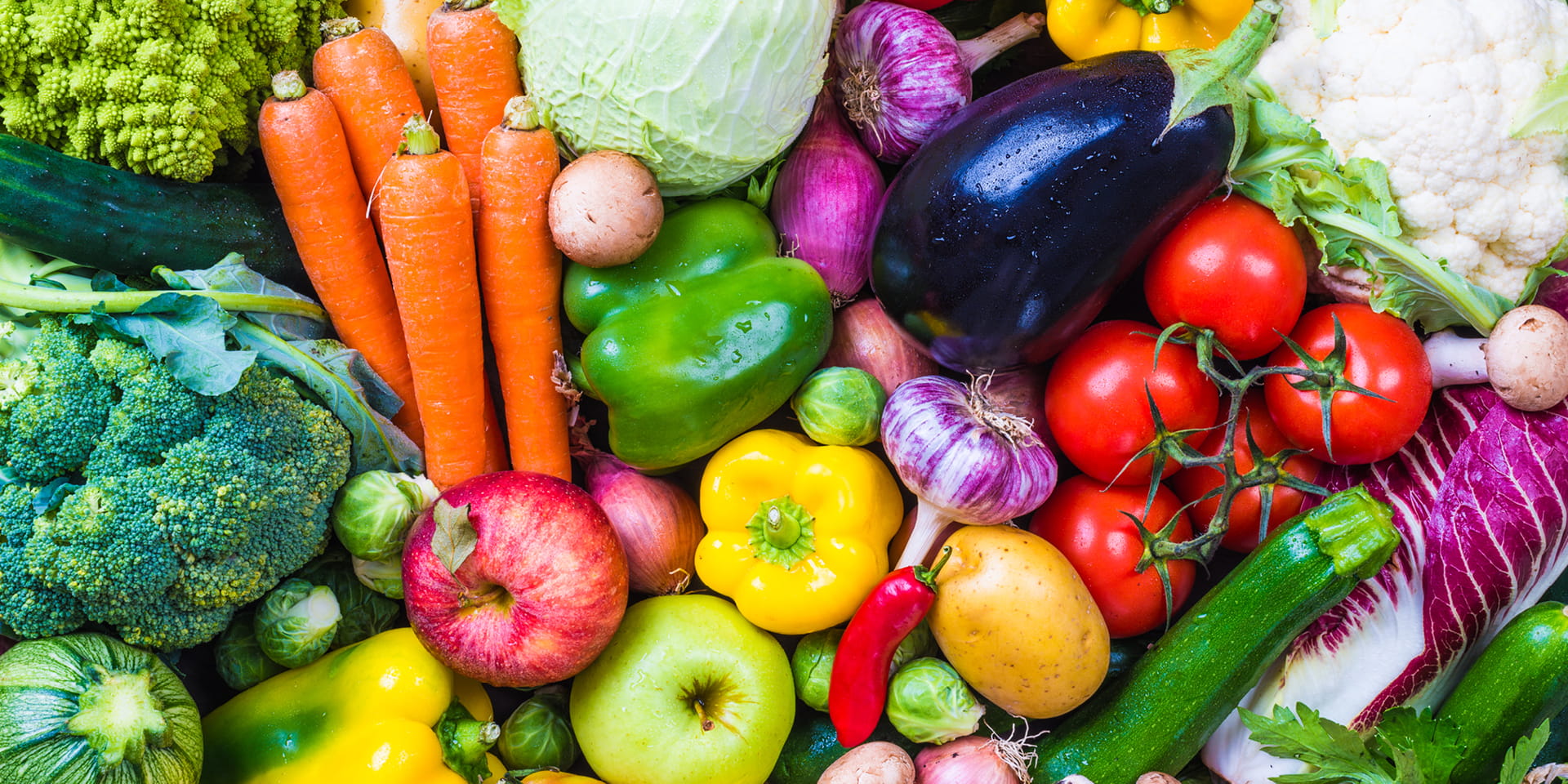What Is Organic Food?
Organic fruits and vegetables are grown without the use of pesticides, synthetic fertilizers, sewage sludge, genetically modified organisms, or ionizing radiation. Organic meats are raised without antibiotics, growth hormones, and non-organic feed. The United States Department of Agriculture (USDA) must approve all farms, ranches, and other businesses that grow, handle, process, and want to label their food as organic.
The Dirty Dozen
There are 12 foods where buying organic matters most. According to the Environmental Working Group, the following is a list of fruits and veggies with the highest pesticide residues. Those with skin that is permeable or meant to be eaten pose the highest risk of ingesting the chemicals they are grown with.
- Apples
- Strawberries
- Grapes
- Celery
- Peaches
- Spinach
- Sweet bell peppers
- Nectarines
- Pears
- Cherries
- Potatoes
- Tomatoes
The Clean 15
If you can't buy organic, don't sweat it! Below is a list of 15 fruits and veggies with the least amount of crop chemical absorption.
- Sweet corn
- Onions
- Pineapples
- Avocados
- Cabbage
- Frozen sweat peas
- Papayas
- Mangos
- Asparagus
- Eggplant
- Kiwi
- Cantaloupe
- Honeydew melon
- Grapefruit
- Cauliflower
About Doylestown Health Nutrition Services
Doylestown Health Nutrition Services offers personalized nutrition plans for those with a current medical condition or those interested in preventive health and weight loss. Doylestown Health Nutrition Services specializes in nutrition therapy for diabetes, weight management, cardiovascular disease, digestive and eating disorders, pregnancy, fibromyalgia and chronic fatigue.
